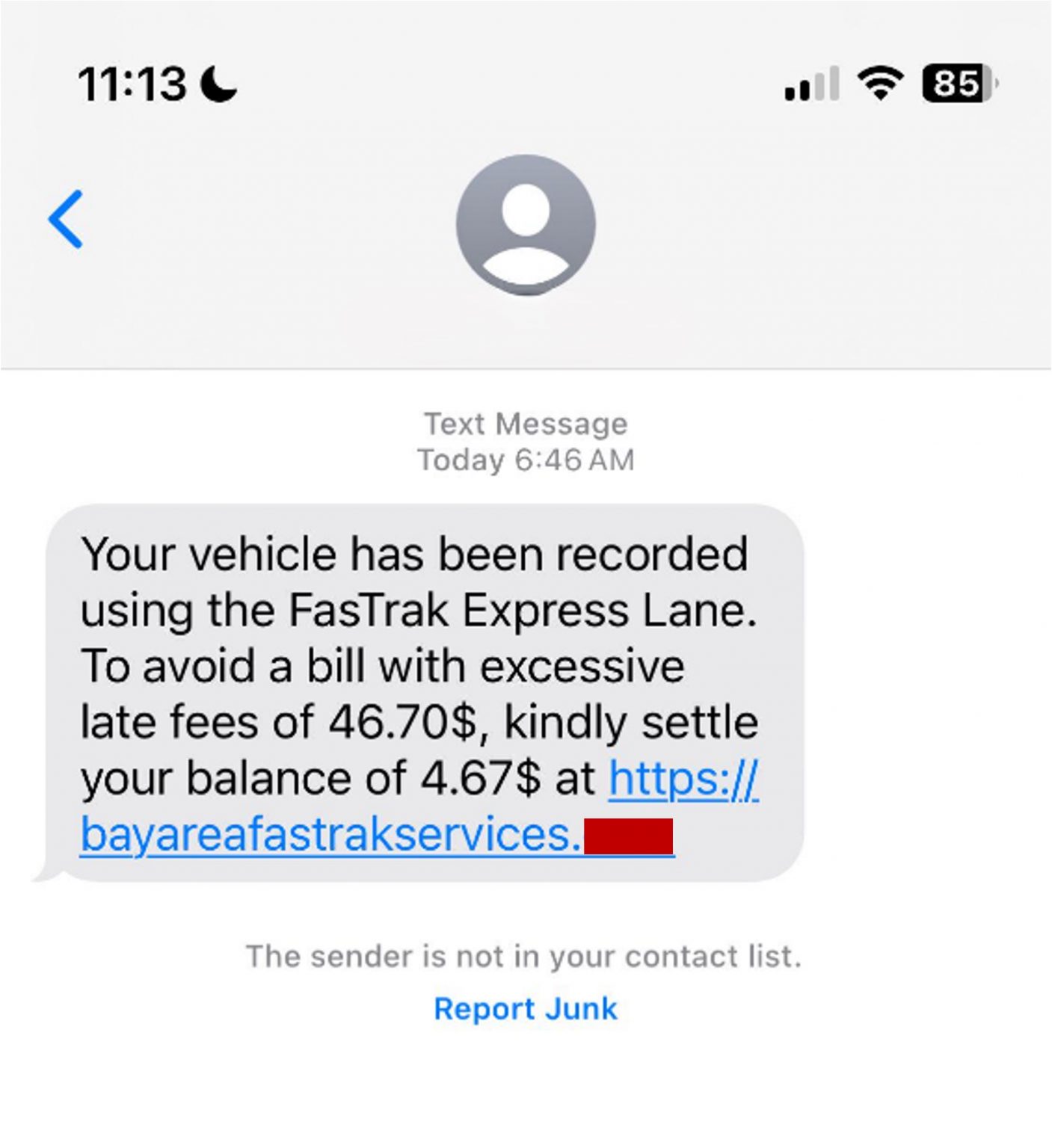Fastrak Lane Scam: The Truth Behind The Controversy - In recent years, the term "Fastrak Lane Scam" has sparked heated debates and concerns among drivers and commuters worldwide. This issue has become a focal point for discussions surrounding toll road management, consumer rights, and transparency in public services. Understanding the controversy requires a deep dive into the specifics of Fastrak lanes and their alleged misuse or mismanagement. Scammers often exploit the complexities of the Fastrak system to deceive unsuspecting drivers. Below are some common types of scams associated with Fastrak lanes:
In recent years, the term "Fastrak Lane Scam" has sparked heated debates and concerns among drivers and commuters worldwide. This issue has become a focal point for discussions surrounding toll road management, consumer rights, and transparency in public services. Understanding the controversy requires a deep dive into the specifics of Fastrak lanes and their alleged misuse or mismanagement.
The concept of Fastrak lanes dates back to the early 2000s when transportation authorities began exploring ways to improve traffic management. The first Fastrak system was implemented in California, USA, as part of a broader initiative to enhance highway efficiency. Since then, Fastrak lanes have been adopted in various regions worldwide, each with its unique implementation and challenges.

Fastrak lanes operate using a combination of electronic toll collection systems and transponders installed in vehicles. When a vehicle enters a Fastrak lane, the transponder communicates with a reader at the toll booth, deducting the appropriate fee from the driver's account. This process is designed to be seamless and efficient, minimizing delays and reducing congestion.
Understanding these scams is crucial for drivers who want to protect themselves from potential fraud. In the following sections, we will explore the history of Fastrak lanes and how they operate to provide a clearer picture of the issue.
Cybercriminals may attempt to gain unauthorized access to Fastrak accounts, leading to fraudulent transactions and financial losses for drivers.
Authorities have taken significant steps to combat Fastrak lane scams and protect drivers. Legal actions include prosecuting scammers, implementing stricter security measures, and educating the public about potential risks. These efforts aim to restore trust in the Fastrak system and ensure a safe commuting experience for all users.
Similarly, cybersecurity expert Jane Doe emphasized the importance of collaboration between authorities and technology providers to develop more secure systems. "By combining advanced encryption with user education, we can significantly reduce the incidence of scams," she stated.
The Fastrak lane system, designed to streamline traffic and provide a more efficient commuting experience, has been widely adopted in various regions. However, allegations of scams and unethical practices have cast a shadow over its reputation. In this article, we will explore the truth behind these claims and provide actionable insights for drivers.
Data from various sources highlight the prevalence of Fastrak lane scams and their impact on drivers. Below are some key statistics:
The term "Fastrak Lane Scam" has gained traction due to reports of fraudulent activities linked to these lanes. Some drivers have claimed they were overcharged, while others have reported unauthorized transactions on their accounts. These allegations have raised questions about the security and reliability of the Fastrak system.
We encourage readers to share this article with others and stay informed about developments in the field. Together, we can work towards a safer and more efficient commuting experience for all. For further reading, explore our other articles on transportation and cybersecurity topics.
Preventing Fastrak lane scams requires a combination of vigilance and proactive measures. Below are some tips to help drivers protect themselves: